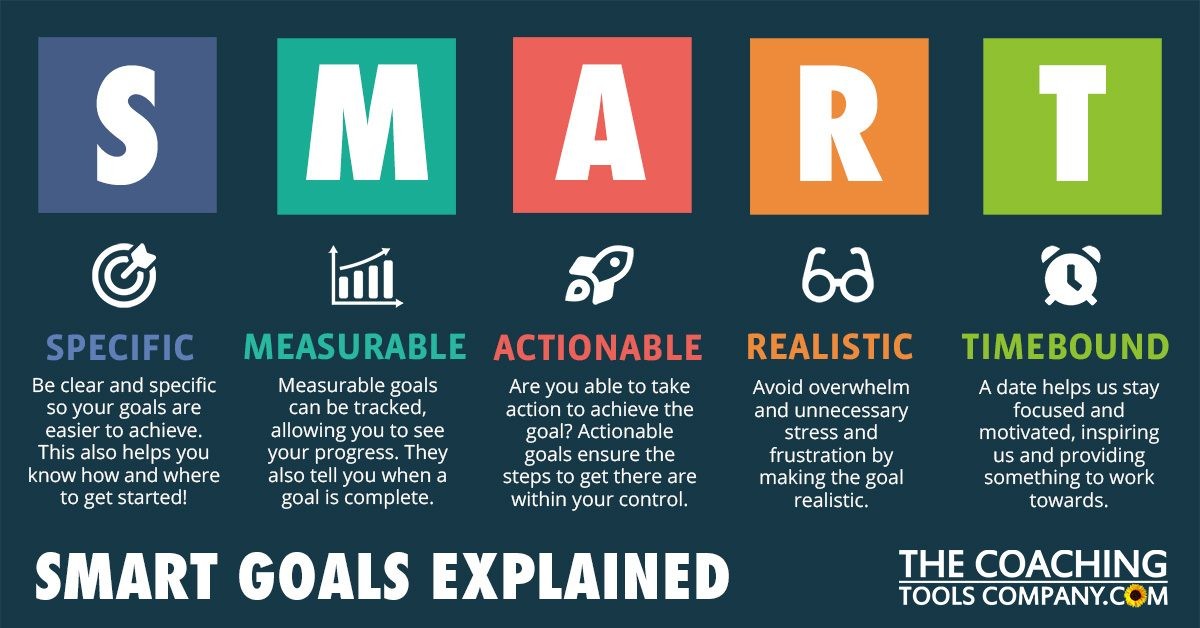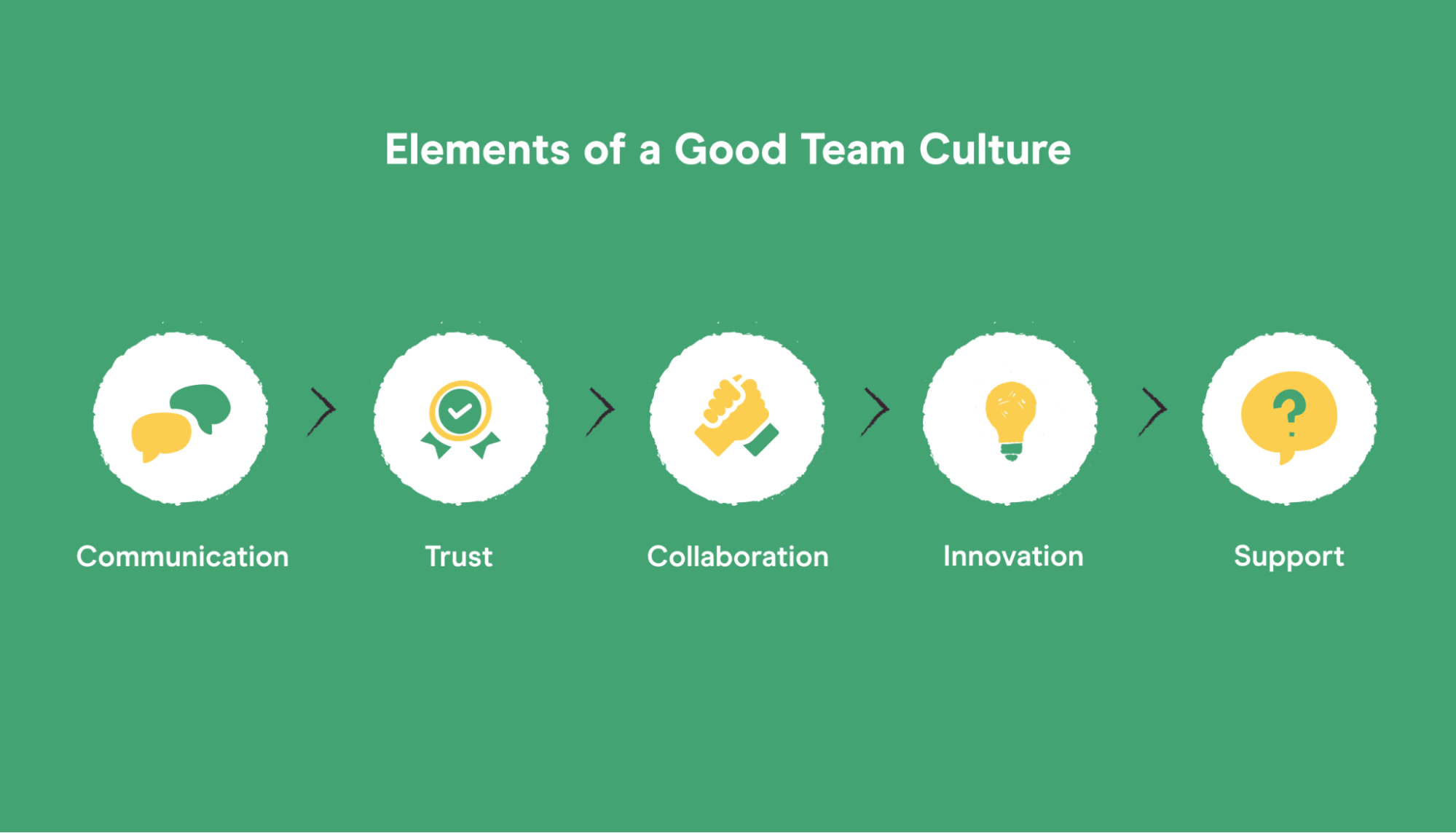## Is Your Business Ready for the Next Level? Navigating the Crossroads of Growth
Every entrepreneur dreams of growth, of seeing their carefully nurtured venture expand beyond its current confines. Yet, the journey from a promising startup to a truly scalable enterprise is rarely a linear path. It’s a series of strategic decisions, a process of introspection, and often, a moment of profound realization: “Is my business truly ready for the next level?” This isn’t merely about wishing for more customers or higher revenue; it’s about a comprehensive assessment of your operational capacity, financial health, team capabilities, and strategic vision.
The first, and perhaps most crucial, indicator of readiness lies in your internal operations. As a business grows, the informal systems and ad-hoc processes that sufficed in its infancy quickly become bottlenecks. Are your current workflows documented and repeatable, or do they still rely heavily on the knowledge residing in a few key individuals’ heads? Consider a small e-commerce business that initially handles all order fulfillment manually. As orders surge, this manual process becomes unsustainable, leading to delays, errors, and frustrated customers. True readiness for the next level means having robust systems in place – be it for inventory management, customer service, or production – that can absorb increased volume without breaking down. This often involves investing in new technology, standardizing procedures, and, critically, ensuring that these systems are scalable themselves. Can your current CRM handle five times the customer interactions? Can your production line be easily expanded? These are the pragmatic questions that differentiate aspiration from genuine preparedness.
Hand-in-hand with operational readiness is the financial health of your enterprise. While increased revenue is often a sign of progress, true readiness for scaling requires more than just a growing top line. It demands healthy profit margins, disciplined cash flow management, and a clear understanding of your cost structure. Many businesses, in their pursuit of rapid growth, inadvertently stretch their resources too thin, leading to cash flow crises even as sales climb. Before taking the leap, scrutinize your balance sheet and income statement. Do you have sufficient working capital to fund increased inventory, marketing efforts, or new hires without jeopardizing daily operations? Are your profit margins sustainable, even with increased overheads? Perhaps you’ve been relying on personal funds or small loans; scaling often necessitates seeking external investment or securing larger lines of credit, which in turn requires a compelling financial narrative and a track record of responsible fiscal management.
Beyond systems and finances, the human element—your team—is arguably the most vital component in determining your readiness for expansion. A business poised for the next level requires more than just dedicated individuals; it needs a cohesive, skilled, and empowered team capable of taking on increased responsibility. Have you invested in training and development? Are there clear roles and responsibilities, or is everyone still wearing multiple hats to the point of exhaustion? As a business grows, the demands on leadership shift from direct involvement in every task to effective delegation, strategic oversight, and talent development. If your team is already stretched thin, lacking in specialized skills, or suffering from high turnover, attempting to scale without addressing these issues will likely lead to burnout and operational chaos. This might mean bringing in new leadership, building out specialized departments, or fostering a culture of continuous learning and accountability.
Furthermore, a truly prepared business has a clear, compelling strategic vision for its future. Where do you envision your business in the next three, five, or even ten years? What new markets will you enter, what new products or services will you offer, and how will you maintain your competitive edge? Many businesses plateau not because of a lack of opportunity, but because they lack a well-defined growth strategy. This involves market research, competitor analysis, and a realistic understanding of your unique value proposition. Is your brand identity strong enough to resonate with a broader audience? Are your marketing efforts effective and scalable? Without a clear roadmap, growth can become haphazard, leading to wasted resources and diluted focus. This strategic clarity provides the necessary direction for all other aspects of your expansion, from hiring decisions to technological investments.
Finally, consider the concept of “founder readiness.” As the entrepreneur at the helm, are *you* prepared for the changes that growth will inevitably bring? Scaling a business often means relinquishing direct control over certain aspects, delegating more, and focusing increasingly on strategic leadership rather than day-to-day operations. It can be a significant psychological shift, requiring a different set of skills and a willingness to trust your team. Are you comfortable empowering others? Are you prepared to step back from the minutiae and embrace the role of a visionary leader? If the business is overly reliant on your direct involvement, it creates an inherent limitation on its ability to truly scale.
Ultimately, determining if your business is ready for the next level is not about simply feeling ready; it’s about a rigorous, honest evaluation of your operational robustness, financial stability, team strength, and strategic clarity. It’s about proactively identifying potential bottlenecks before they become insurmountable obstacles. By addressing these critical areas with foresight and discipline, you can transform the aspiration of growth into a tangible, successful reality, propelling your business forward with confidence and control.





